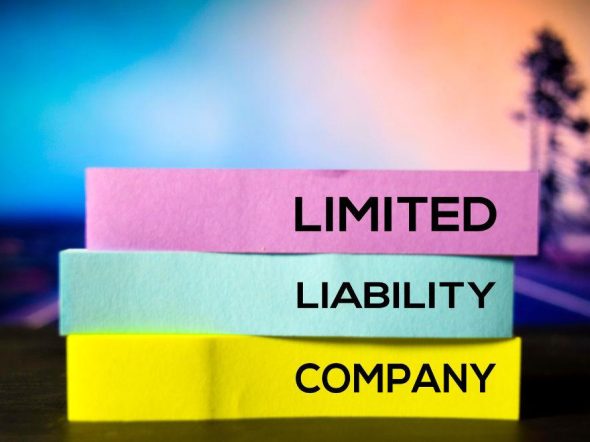Starting a small business is more than just having a great idea. To make the venture a success, it is necessary to think about the legal requirements too. Otherwise, you run the very high risk of failing before you get rolling, and even being fined and losing assets. Here’s what you need to know.
Decide On The Type of Small Business
The first stage is to decide which type of business you are going to start. There are a few to consider and these are explored below.
Sole Proprietor
Sole proprietors are the optimal choice for anyone just starting out and award the flexibility to work on a freelance contract for other businesses searching for ad-hoc talent. There are straightforward tax processes and it is easier for someone who is aiming to become more established.
LLC
An LLC is a step up from the sole proprietor option and stands for Limited Liability Company. They encompass a lot of what makes a sole proprietor while enhancing the protection of an enhanced status, legally speaking.
S-Corp
S-Corps have shareholders and varied tax responsibilities. If you are thinking about embarking on a larger venture, such as an S-Corp, which would involve complex legal transactions, it may require a legal expert such as an in house counsel for M&A transactions.
C-Corp
C-Corp is the final option and is appropriate for anyone who has the status of majority shareholder. Again, this is not really relevant to small businesses starting out but may become more of a focus down the line.
Registering the Name
After determining step one, it is time to register the business name. For a sole proprietor, this will automatically be the legal name of the business owner or freelancing individual. An LLC will need a different name, and this can be anything you want depending on trademarks and copyright. This can often be started online and may require an in-person appointment with a local government official to finalize the process.
Legally Owning the Name
If you want to be the only person who uses your company name, then you have to think about moving down the legal routes of doing so. This is known as trademarking and is a highly common endeavor. The U.S. Trademark and Patent Office is the place to go, and there may be a waitlist depending on when you apply.
EIN Numbers
The IRS, responsible for regulating and monitoring tax affairs, will assign an EIN to your business, but you have to apply for it first. This is an employee identification number and will be the same one for the entire time you trade. This is necessary if you want to open a business bank account and when it comes to paying your tax bill.
Consider The Tax Implications
Every state has slight variations in the rules when it comes to what you will be liable for relating to tax. Get this bit right because there are big consequences if you don’t.
Don’t Forget the Permits
It is impossible to trade as a small business without a permit or license in most states. While the application process is straightforward, remembering to do it in good time is the biggest thing. You can’t operate the business legally without the right permits or licenses, so don’t miss this step out.
Get Insurance
The last legal requirement for a small business, particularly if you are actively facing customers in their homes or an environment that you host, is to get insurance. These policies are protective factors that ensure your asset is safe should something negative come around, such as a lawsuit.
Starting a small business means learning the ropes and ensuring you have checked all of the boxes. There are lots of legal requirements to meet, and you must do each step correctly.
